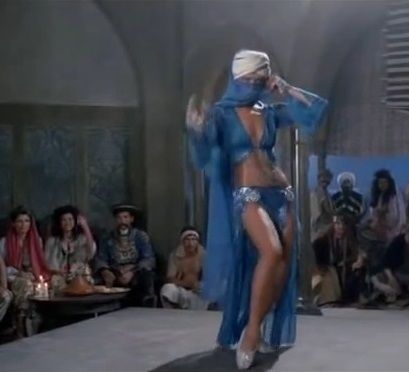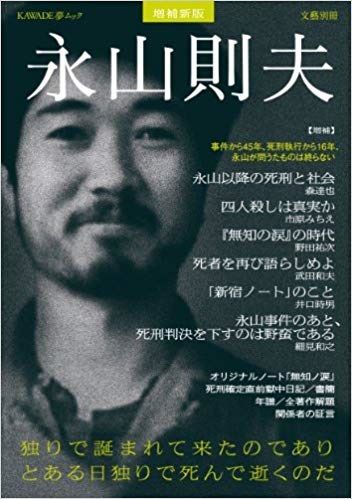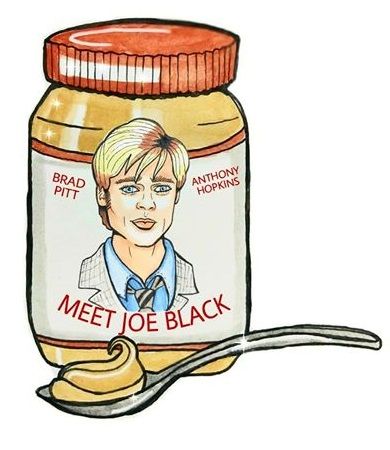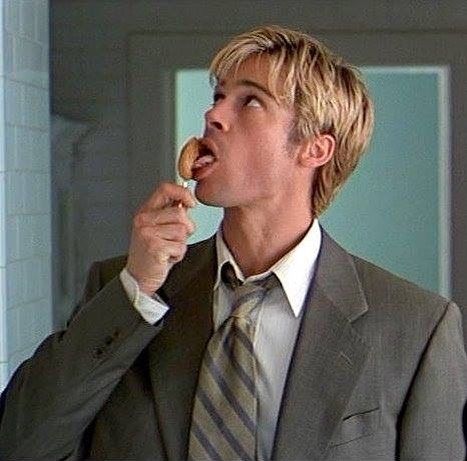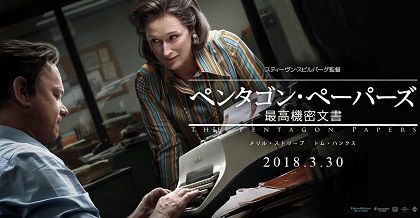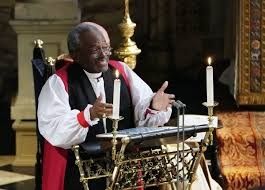Strange Love (PART 1)

(franz01.jpg)

(johnny09.jpg)

(franz02.jpg)

(diane02.gif)
Kato, how come you bring up Strange Love?

(kato3.gif)
Well..., I happened to view the following movie the other day.

(lib90329a.png)
■"Enlarge it!"
■"Actual Page"

My Comment
Directed and co-written by François Ozon in 2016 loosely based on the 1932 Ernst Lubitsch film "Broken Lullaby", this French drama depicts a young German woman whose fiancé has been killed in World War I and the remorse of the French soldier who attacked him on the spur of the moment.
Édouard Manet's painting "Le Suicidé" appears several times in the story as it eventually makes the protagonist want to live.

(franz04.jpg)
Superb are the performances of Paula Beer and Pierre Niney, both of whom lie for the sake of the good.
It turns out a profoundly thought-provoking and touching movie.
I feel heartwarming and heart-wrenching at the same time.

(franz11.jpg)
Frantz
PLOT
In Quedlinburg, Germany, in 1919, Anna, a German woman grieving over the death of her fiancé, Frantz Hoffmeister, in World War I, leaves flowers at his grave.
She sees Adrien, a Frenchman, also leave flowers at his grave.

(franz03.jpg)
Adrien goes to the home of Frantz's parents, Dr. Hans and Magda Hoffmeister, and tries to speak to Hans, but when Hans hears that Adrien is French, he tells Adrien that a Frenchman killed his son and, calling the French murderers, drives Adrien away.
Adrien tells Hans, "You are right. I am a murderer".
Anna meets Adrien and invites him to the Hoffmeister home.
After she tells the Hoffmeisters that Adrien was leaving flowers at Frantz's grave, they relent.
Around the dinner table, upon questioning, Adrien says that he and Frantz were students together in Paris.
He describes their last day together, when they visited the Louvre.
In the flashbacks, there is a strong suggestion that the two were lovers.

(franz08.jpg)
Anna shows Adrien the places she and Frantz used to go together, and the mountaintop where he asked her to marry him.
Adrien lifts Anna out of their despair.
The Hoffmeisters ask Adrien, who was a first violinist in Paris before the war, to play Frantz's violin for them, as Frantz used to do.
Adrien asks Anna to go to the ball with him and she accepts.
Finally, at Frantz's grave, Adrien confesses to Anna that he lied about being Frantz's friend in Paris before the war.
Actually, they met as enemy soldiers on the battlefield, face to face in a trench.
Adrien goes back to Paris.
Magda Hoffmeister, who had encouraged a romance between Anna and Adrien, encourages her to go to Paris to find him.
Anna eventually tracks down Adrien at his mother's estate.
She also discovers that Adrien is about to enter an arranged marriage with a childhood friend, Fanny.
Anna realises that the romance she had imagined developing between her and Adrien had all been in her head; all he had wanted from her was forgiveness.
She kisses Adrien goodbye at the railway station and leaves.
She continues writing to the Hoffmeisters as if she and Adrien are now together.
SOURCE: "Frantz (film)"
From Wikipedia, the free encyclopedia

I see... So, you viewed the above movie on March 29, didn't you?

Yes, I did... and I jotted down the above comment.
The film showed you a complicated love story, huh?
Yes, it did.
How complicated?
Well... it's hard to tell... Anyway, it turned out a profoundly thought-provoking and touching movie.
Kato, tell me how thought-provoking and touching it is.
Do you wanna watch this movie?
Yes, I do... That's why I'm all ears.
If I tell you about it, your curiosity will be erased and you might not feel watching it any more.
Do you really think so?
Yes, I do.
Then how come you brink up this movie in the first place?
Well... this is not the only film I wanna talk about with you.
Oh...? What else did you watch?
I also watched the following movie:

(lib90421a.png)
■"Enlarge it!"
■"Actual Page"

My Comment
Mar 15, 2019 akirakato
Written and directed by Dalton Trumbo in 1971 based on his novel of the same name, this American ant-war drama depicts the life of a WWI-soldier who lost arms, legs, eyes, ears and a mouth.
It turns out to be an extraordinarily touching and profoundly heart-wrenching story.

(johnny05.jpg)

(johnny10.jpg)
Johnny Got His Gun
PLOT
Joe Bonham, a young American soldier hit by an artillery shell during World War I, lies in a hospital bed.
He is a quadruple amputee who has also lost his eyes, ears, mouth and nose.
He remains conscious and able to reason, but his wounds render him a prisoner in his own body.
As he drifts between reality and fantasy, he remembers his old life with his family and girlfriend.

(johnny08.jpg)
He also forms a bond, of sorts, with a young nurse who senses his plight.
Eventually, Joe tries to communicate to his doctors, via Morse code by tapping his head, saying "help."
He wishes for the US Army to put him in a glass coffin in a freak show as a demonstration of the horrors of war.
When told that his wish may be impossible to grant, he responds begging to be euthanized, repeatedly saying "kill me."
He ultimately realizes that the Army can grant neither wish, and will leave him in a state of living death.
His sympathetic nurse attempts to euthanize him by clamping his breathing tube, but her supervisor stops her before Joe can succumb.
You might wonder what will happen to Joe in the end.
See the movie...
SOURCE: "Johnny Got His Gun (film)"
From Wikipedia, the free encyclopedia

I see... So, Kato, you love to watch war-time movies, don't you?

Yes, I do.
How come?
Well..., first of all, I don't like wars.
I think nobody likes wars, but you like war-time movies... Why?
... 'Cause my anti-war feeling will be doubled everytime I watch war-time movies.
I see... So you detest wars in the first place.
You're telling me, Diane.
When I read your comment, I get an uneasy feeling about the movie.
Why is that?
... because you jotted down that the drama depicts the life of a WWI-soldier who lost arms, legs, eyes, ears and a mouth... It seems to me that the above movie looks ill-contrived.
What makes you think so?
If you lost so many body parts, you wouldn't be alive in the first place.
I see... You sounds reasonable since one of the commentators wrote like this:
Mar 09, 2019 ManMachine
Released back in 1971 - Dalton Trumbo's WW1 drama "Johnny Got His Gun" was (IMO) pretty terrible entertainment (for the most part).
As the story goes - Due to an explosion - Infantryman, Joe Bonham is left a quadruple amputee who not only cannot speak, but he also has no eyes, no ears, or nose, either.
To communicate to the doctors in the hospital (where he is being kept alive) - Joe uses his head to tap out his messages in Morse Code.
Well - Let me tell ya - Had this sort of premise for a story not been so downright ridiculous - Then - It would've been absolutely laughable to watch as Joe's head bobbed back and forth in desperate attempts at communication.

(johnny06.jpg)
Anyway - It sure didn't help matters much that the Joe character was portrayed by that despicable Hollywood actor, Timothy Bottoms (whose career was thankfully a short one).

Some people might think as described in the above.

Actually, I viewed this movie more than 10 years ago for the first time... At that time, the boooklet said that this movie was based on a true story and that the film had been forbidden to show for several years... So I knew that the person like Joe had once lived under such circumstances as another commentator wrote down like this:
Mar 09, 2019 KateCrimson
@ManMachine says "Had this sort of premise for a story not been so downright ridiculous..."
Sad to say, Johnny Got His Gun was based on a true story.

(trumbo2.jpg)
Dalton Trumbo
Trumbo was inspired to write his antiwar book during the 1930s after learning about two severely injured WWI veterans:
a British major who had been so mutilated that the army reported him as missing in action to his family,
and a Canadian soldier left dismembered, blinded, deafened, and tube-fed by the conflict.
As Trumbo described the latter's story:
In the mid-thirties, the Prince of Wales visited a military hospital in Canada.
At the end of a hallway, there was a door marked "No Admittance."
"What's in there?" he asked.
"We'd rather you not go in there," they told him.
But the Prince of Wales insisted, and when he came out of the room, he was weeping. "The only way I could salute, the only way I could communicate with that man," he said, "was to kiss his cheek."
from The Cinema of Isolation: A History of Physical Disability in the Movies, by Martin F. Norden, Rutgers University Press, September 1, 1994."
Maybe not such a "ridiculous premise" after all.

I see... So, Kato, after you watched the above movie, your anti-war feeling has been doubled, huh?

Yes, that's right... You're telling me, Diane.
So tell me, Kato, about the strange love in the above movie.
Well..., His sympathetic nurse attempts to euthanize him by clamping his breathing tube... I think this is a strange form of love... Compassionate love, I'd say... Don't you think so, Diane?
I'm not too sure...

(dianelin3.jpg)

(laughx.gif)
(To be continued)
























